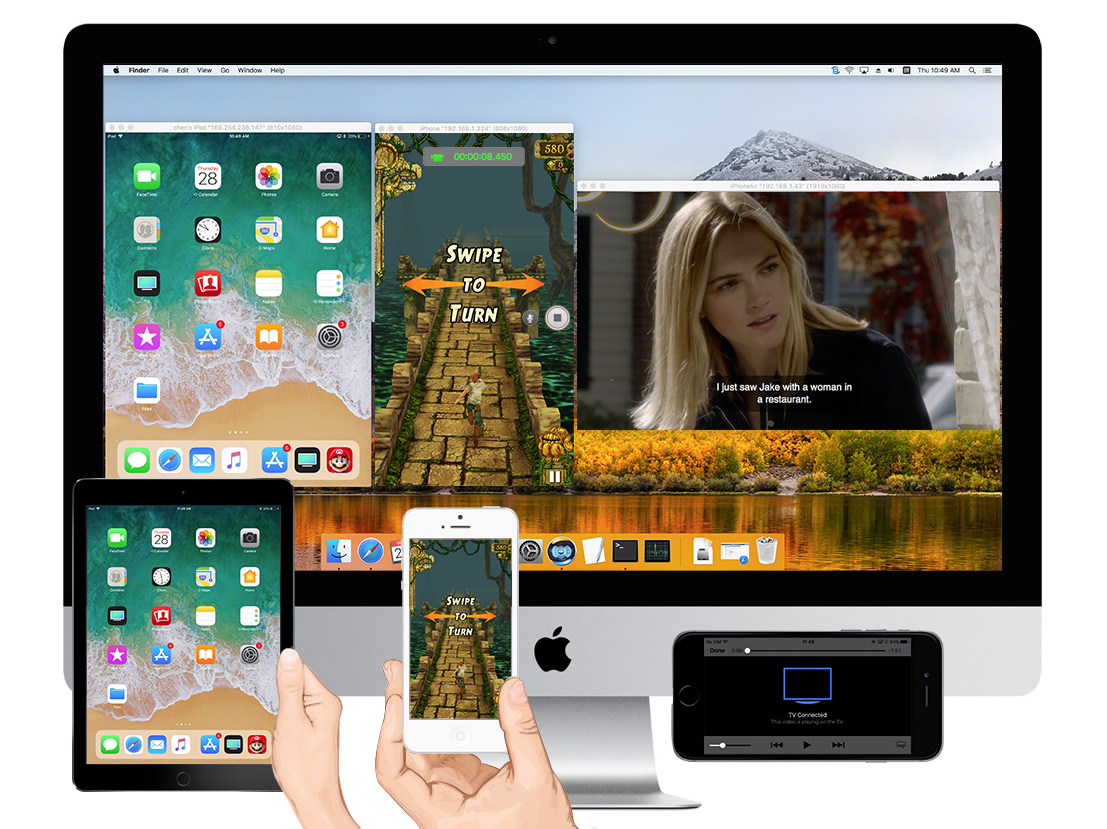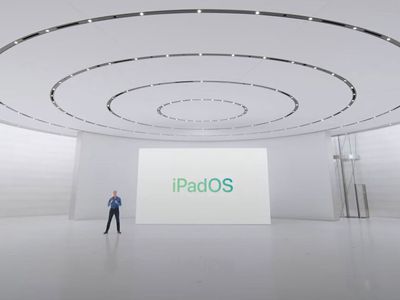
The Enduring Appeal of Ubuntu: Understanding Its Superiority Among Linux OSes

The Enduring Appeal of Ubuntu: Understanding Its Superiority Among Linux OSes
Key Takeaways
- Ubuntu optimizes GNOME for different screen sizes, making it more user-friendly for all users.
- Access a vast software library with Ubuntu Store, PPAs, and Snaps for diverse application needs.
- Ubuntu offers reliable stability, routine updates, and long-term support options for professional use.
Ubuntu is the most popular Linux distribution, and there is no denying that! However, being popular doesn’t necessarily mean being the best. So what are the reasons that make me think Ubuntu was and still is the best Linux distro of 2024?
The Best Linux Distro—What Does That Mean?
The idea behind Linux distros is to offer an optimized pre-packaged experience for a specific workflow. Some distros are optimized for server work, some cater to gamers, others focus on breathing life back into outdated systems, and so on. As such, the best distro for Sam might not be the best for Daniel, and vice versa.
So what makes a particular Linux distro objectively The Best? Well, my position is that if a distro performs well as an all-rounder and, with minor tweaking, can be optimized for different use cases, then it’s the best Linux distro. And here’s my argument on why I believe Ubuntu wins this title.
Ubuntu Makes GNOME More User-Friendly
The GNOME desktop environment is celebrated for its unique, modern, and clean computing experience, which omits traditional desktop icons and app launchers in favor of dynamic virtual desktops for multitasking. This layout is particularly effective for enhancing productivity on smaller screens, such as 13’’ to 15” laptops.
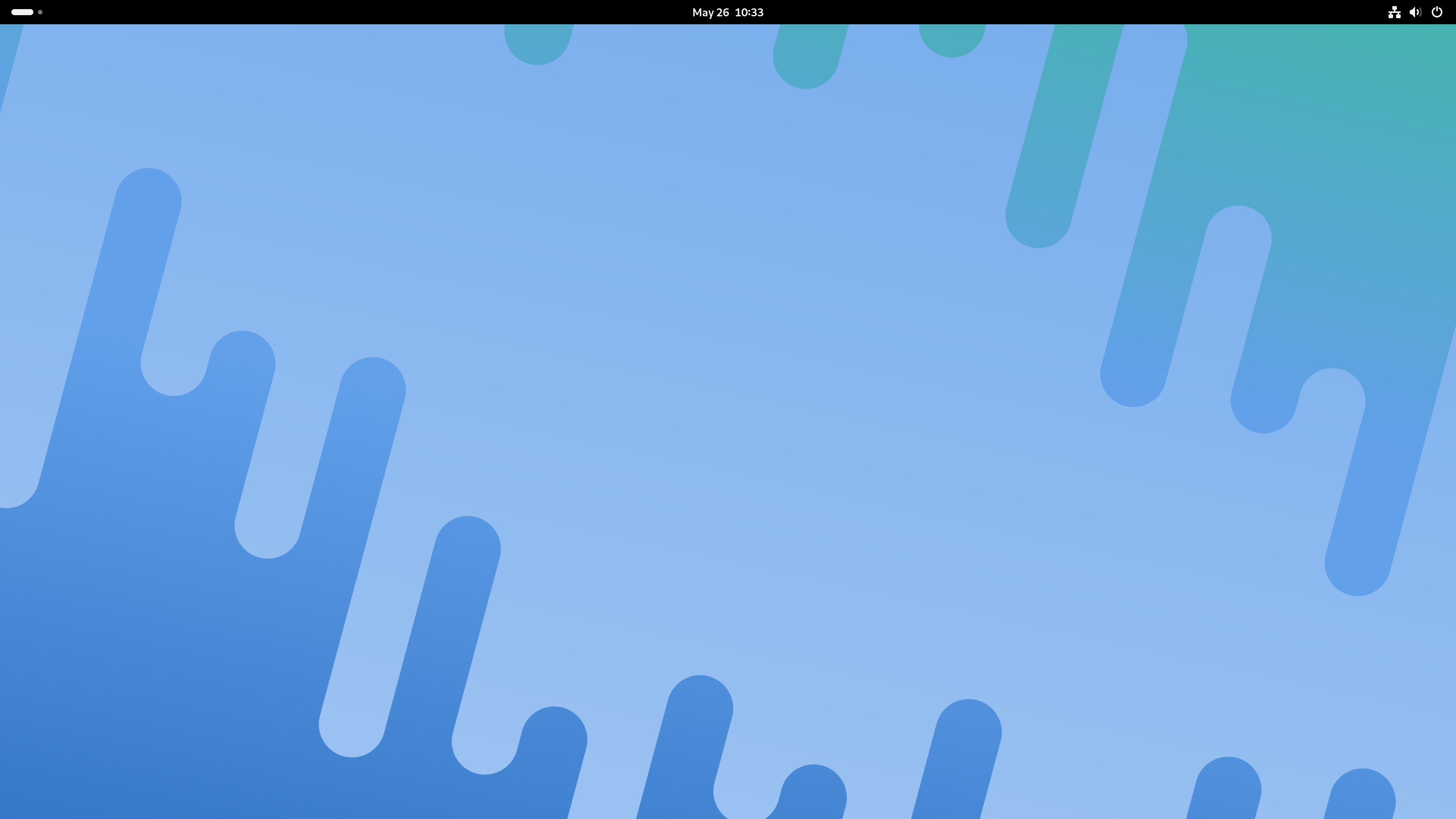
However, this minimalism doesn’t translate well on larger desktop monitors. For example, GNOME’s minimal interface can make 24’’ or larger screens feel underutilized. Icons are more legible on a larger screen, so not having them doesn’t make sense. Also, the space saved from removing an app launcher is negligible (on the bigger screen) and rarely translates to getting more information on full-screen apps, like browsers or word processors.
Ubuntu addresses this scalability issue by offering a heavily customized version of GNOME that adapts effectively across both small laptops and large desktop monitors. They reintroduce desktop icons, easing the transition for users coming from Windows or macOS environments. With direct access to icons on the desktop, important files and apps are just a click away, reducing the need to open a file manager frequently.
Additionally, Ubuntu includes a unique vertically aligned app launcher or taskbar (aka Ubuntu Dock) on the left side of the screen . This placement takes advantage of the more expansive horizontal space available on modern monitors—maximizing vertical space for application use. The dock provides quick access to your favorite and currently running apps and can be set to auto-hide to free up screen real estate—beneficial for laptop users.
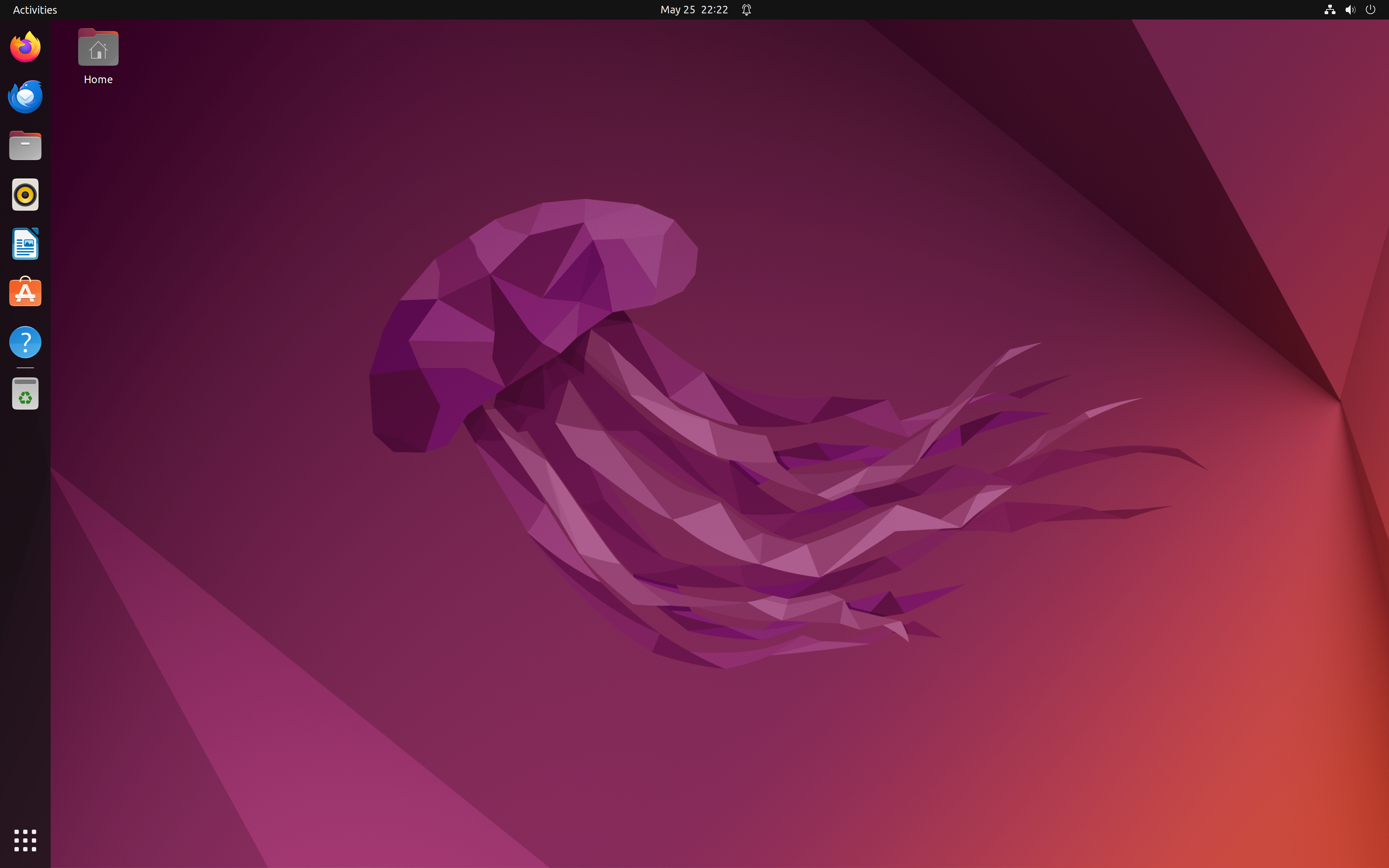
As such, Ubuntu retains the modern and unique charm of GNOME all the while making it more accessible.
Access to a Ton of Software
Ubuntu’s popularity means that if a developer creates a Linux app, they’re most likely targeting Ubuntu first. This gives you access to one of the largest software libraries in the Linux world.
Installing applications is straightforward through Ubuntu Store, which offers a fully GUI-friendly experience similar to the Microsoft Store. Of course, traditional APT commands are there for those who prefer installing apps using the terminal.
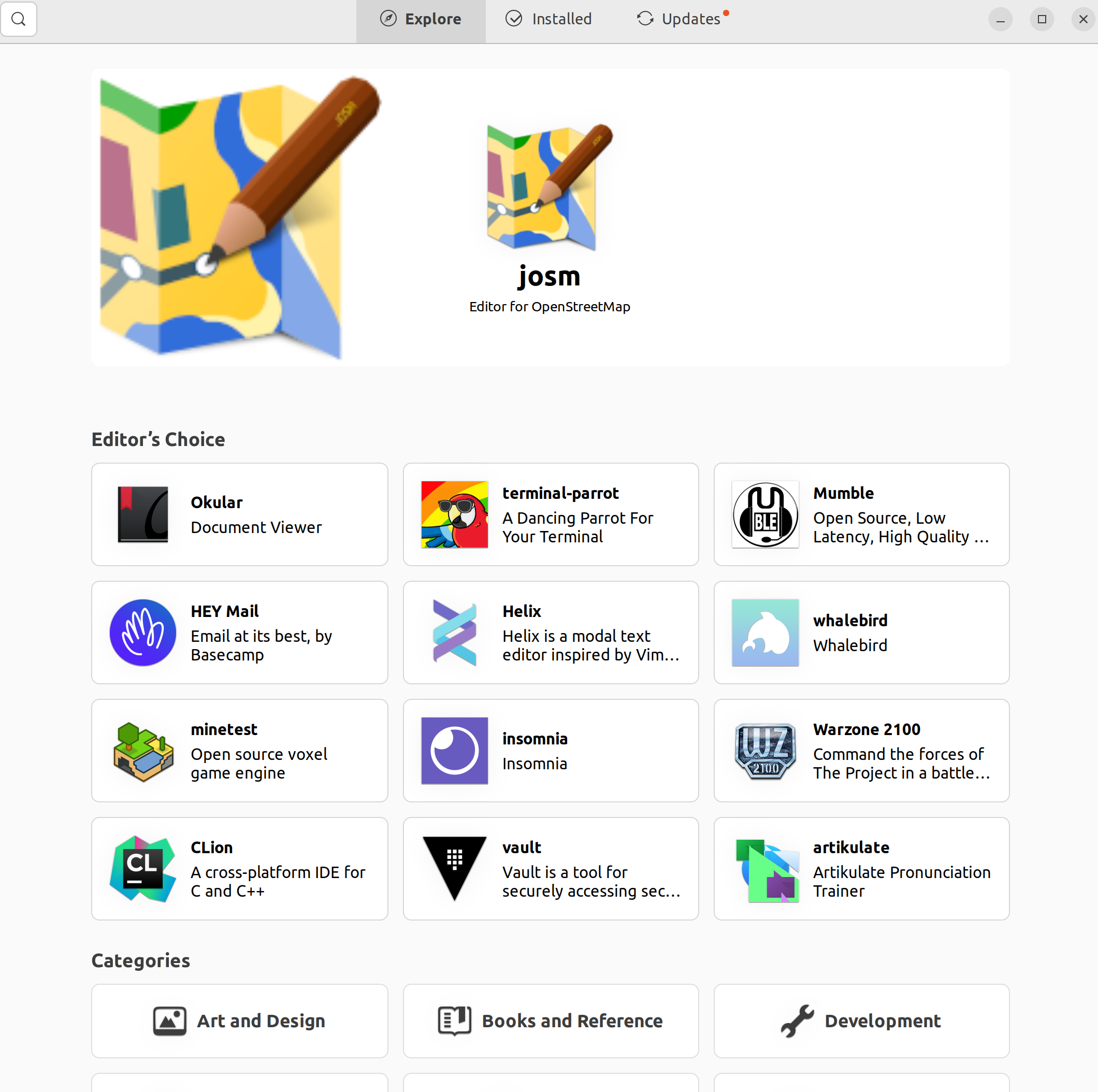
That said, some niche applications may not be available in the main Ubuntu repositories. In such cases, you’ll need to use Personal Package Archives (PPAs) or download DEB files directly from developers and install them using dpkg or GDebi.
Third-party PPAs and DEB files are not verified by Ubuntu for security or stability. As such, only use these methods if you trust the source providing them. For example, you can trust the DEB file from Mozilla’s official website to install Firefox. But don’t download and install Firefox-NEO-ThisIsAmazing.deb from BroYouShouldTrustMe.com!
Finally, discussing software availability on Ubuntu is never complete without mentioning Snaps —a proprietary packaging format introduced by Canonical, the parent company of Ubuntu. Snaps are designed to be more secure and easier to manage but tend to be larger and consume more resources than traditional DEB files.
In my books, Snaps can be a good choice if you’re using a modern system with an SSD and ample storage. Otherwise, stick to traditional DEB files (via APT) or explore Flatpak as an alternative .
Stable and Reliable for Professional Use
Ubuntu strikes a good balance between stability and innovation. It offers a reliable experience for your professional workflows, where you’ll rarely face bugs or hiccups. You’ll also get routine updates and bug fixes addressing known issues.
Coming to updates, you can choose between an interim release or an LTS (Long Term Support) release. The interim releases come out every six months and get security updates and bug fixes for nine months. The LTS releases come out every two years and receive updates for five years, including hardware enablement updates to ensure compatibility with newer hardware.
The new Ubuntu 24.04 LTS version will be supported for 12 years till 2036 through an optional subscription called Ubuntu Pro.
So if you want the latest tools and features as soon as possible, you can opt for the interim releases and upgrade every six months. Whereas, if you prefer stability and want to keep your exact setup running for as long as possible, you can pick the LTS releases.
Moreover, Ubuntu never forces updates. You can delay them if necessary. Also, after an update, your computer won’t automatically restart. While some updates, like kernel updates, do require a restart, you get to choose when to do it.
The Largest and Most Helpful Community of Linux Users
Popularity brings users. Users build communities. Communities nurture discussion. Discussion unravels inefficiencies. Inefficiencies are problems. Problems prompt solutions. Solutions build knowledge bases. Knowledge bases increase accessibility. Accessibility promotes popularity. Popularity brings users…
As the most popular Linux distro, Ubuntu is blessed with the largest and most helpful community and one of the most expansive knowledge bases. For new users, there’s the Ubuntu Desktop Guide to learn how to get around on your new Linux computer.
If and when you stumble into a problem, you can visit Ask Ubuntu or Ubuntu Forums to ask the community for help. Then, you have Ubuntu Discourse to talk about Ubuntu and its upcoming projects and releases. There are also many more resources available for developers and people who want to contribute to Ubuntu.
As an Ubuntu user, you are not just limited to the Ubuntu communities. For example, ArchWiki is a goldmine, boasting one of the most extensive and detailed Linux-related documentation—many relevant to Ubuntu users. And you have no reason to shy away from commenting on other Linux distro communities, as they can also help you out, especially if those distros are based on Ubuntu . Remember, as an Ubuntu user, you are a part of the entire Linux community.
One of the Best Linux Distros for Gaming
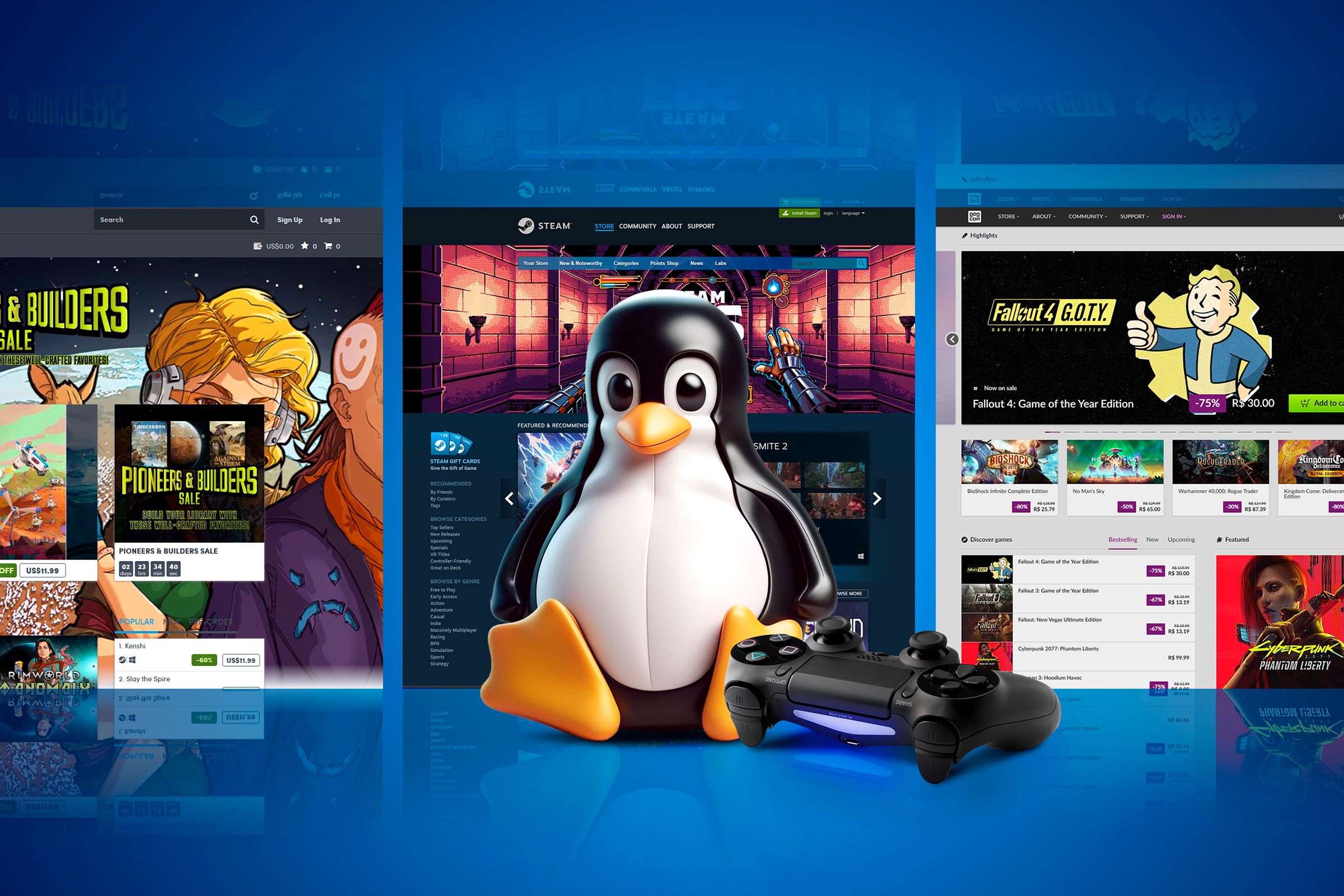
Lucas Gouveia / How-To Geek | Peter Kotoff / Shutterstock
Gaming on Linux is better than ever, and Ubuntu is one of the best distros to game on. A huge chunk of Steam games is available on Linux including many AAA titles, and the list is growing larger every day.
That said, it’s not perfect yet, and Linux gamers do occasionally stumble into driver issues, especially if they are running Nvidia graphics cards. However, with Ubuntu, you can easily install the necessary Nvidia drivers using the Additional Drivers GUI tool.
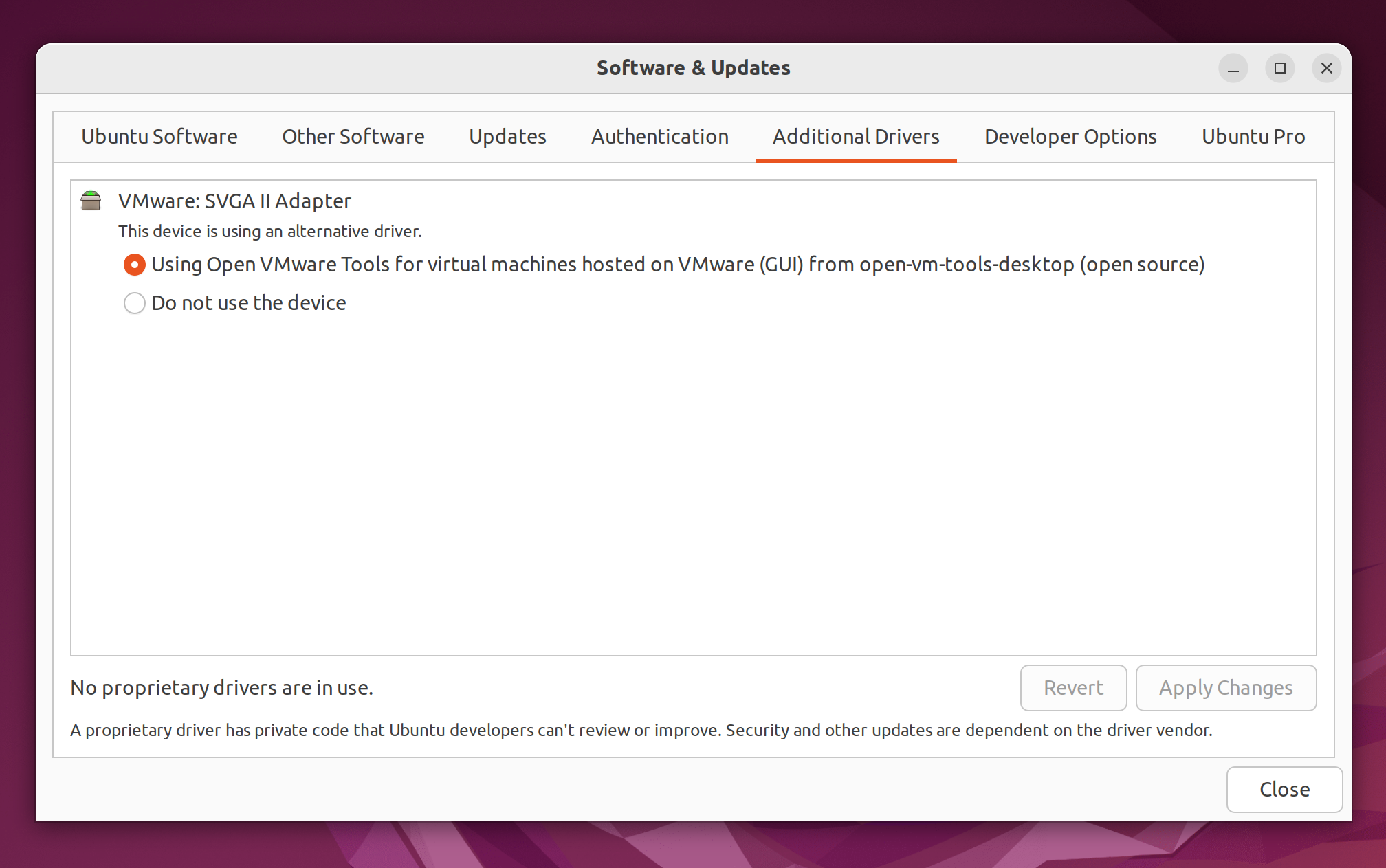
Remember always to pick the driver marked as (Tested) as they offer the best experience.
Ubuntu’s well-rounded experience catering to all types of users is why it is so popular and also why I crown it the best Linux distro of 2024. If someone asked me what Linux distro to use, and I had no extra context, I’d recommend Ubuntu. However, if you have specific needs and unique workflows, then one of the many Ubuntu alternatives might be ideal for you.
- Title: The Enduring Appeal of Ubuntu: Understanding Its Superiority Among Linux OSes
- Author: Frank
- Created at : 2024-08-29 01:37:04
- Updated at : 2024-08-30 01:37:04
- Link: https://tech-revival.techidaily.com/the-enduring-appeal-of-ubuntu-understanding-its-superiority-among-linux-oses/
- License: This work is licensed under CC BY-NC-SA 4.0.


 WonderFox DVD Ripper Pro
WonderFox DVD Ripper Pro
